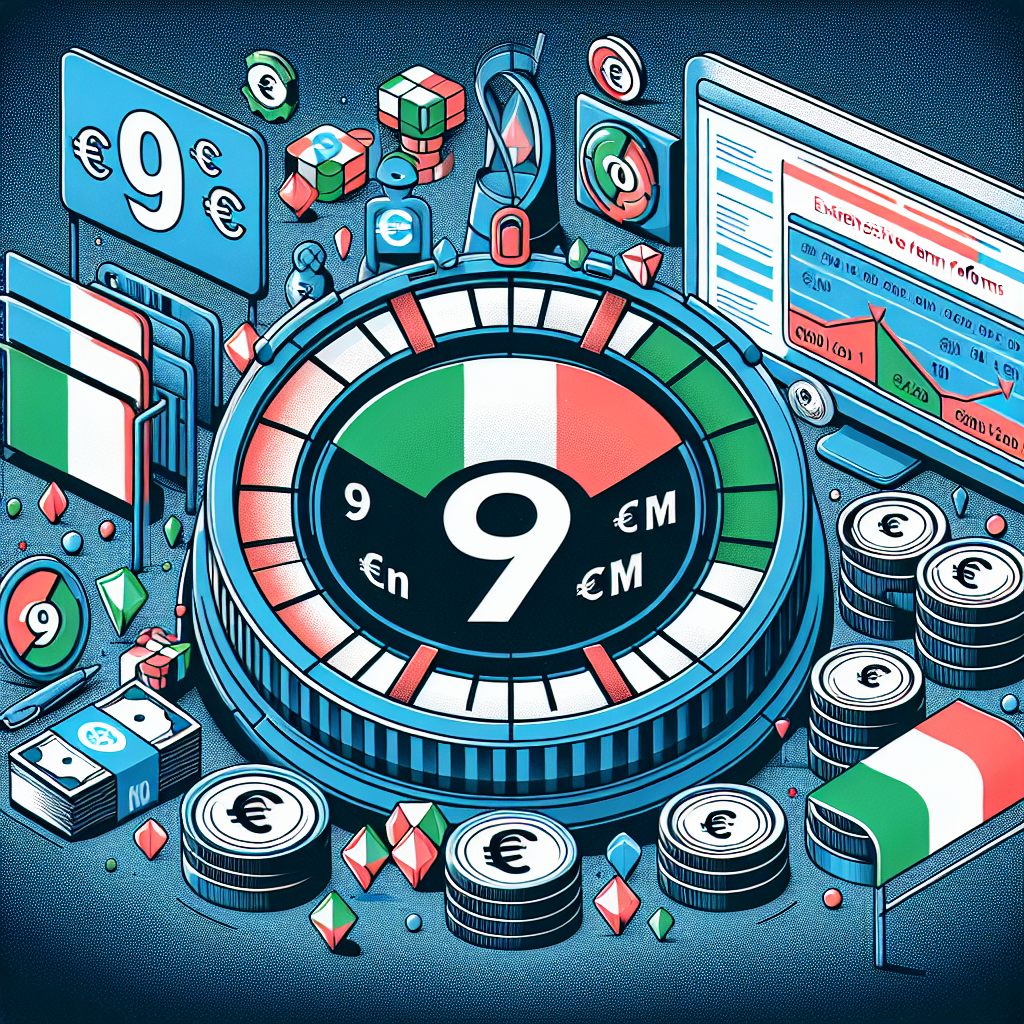Overview of Italy’s New Gambling Legislation
Italy has recently announced a significant overhaul in its online gambling regulations, introducing a new licensing system that extends the duration to nine years and imposes a substantial fee of €7 million. This move is part of a broader effort by the Italian government to streamline the gambling industry, enhance regulatory oversight, and increase public revenue from this lucrative sector.
Key Features of the New Licensing Regime
The new licensing framework is designed to stabilize the online gambling market in Italy, providing long-term certainty for operators and investors. Here are the main elements of the new system:
- Extended License Duration: The increase from the previous shorter terms to a nine-year license period allows companies to plan and invest with greater confidence.
- License Fee: The €7 million fee is intended to ensure that only serious and financially stable operators enter the market, potentially raising the quality and reliability of online gambling services.
- Enhanced Regulatory Measures: The Italian government has emphasized stricter compliance checks and more rigorous monitoring to prevent fraud, money laundering, and gambling addiction.
Implications for the Gambling Industry
The introduction of these reforms is expected to have profound implications for both domestic and international gambling operators. The high entry fee could deter smaller or less established companies, potentially leading to greater market consolidation around major players. However, the extended license period provides a more stable operating environment, which could attract new investment into the sector.
Case Study: The Impact on Market Dynamics
A similar reform was undertaken in the United Kingdom a few years ago, where the increase in license duration and fee restructuring led to a significant reshaping of the market. Many smaller operators either merged with larger entities or ceased operations, while the overall quality and diversity of gambling services improved. This precedent suggests that Italy’s new policy could similarly drive consolidation and enhance service quality in the online gambling market.
Economic and Social Considerations
The new licensing regime is not just about regulating the gambling industry more effectively; it also reflects broader economic and social objectives:
- Revenue Generation: The substantial license fees and expected increase in tax revenues can provide a much-needed boost to Italy’s public finances, especially in the wake of economic strains caused by global events.
- Consumer Protection: By imposing stricter regulatory requirements, the government aims to better protect consumers from the risks associated with gambling, such as addiction and financial loss.
- Crime Reduction: Enhanced monitoring and compliance are intended to reduce gambling-related crimes, including money laundering and fraud.
Conclusion: A Strategic Shift in Gambling Regulation
Italy’s decision to introduce a nine-year online gambling license with a €7 million fee marks a significant shift in the country’s approach to gambling regulation. This reform is expected to bring more stability and integrity to the gambling market, aligning with both economic and social objectives. While the high fee may reshape the competitive landscape, favoring larger players, the overall impact should be positive, leading to a safer and more robust gambling environment for all stakeholders.
In conclusion, this strategic reform in Italy’s gambling laws could serve as a model for other countries looking to balance economic benefits with consumer protection and social responsibility in the rapidly evolving online gambling sector.

